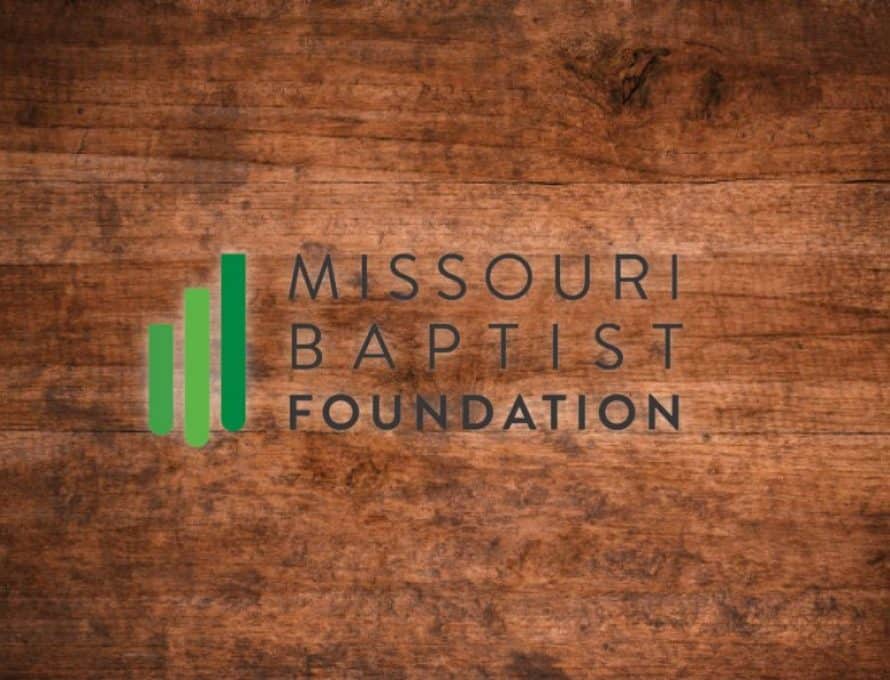When I was a young, I thought my Mother was ridiculous in one particular area of mothering. It was not manners, personal hygiene, or speaking in complete sentences but rather in an orderly closet. I had often wondered, “Did every mother require clothes in closets to be in impeccable order?”
There was a precise process in the organization of the closet. From right to left, all clothing items must face the same direction and be organized according to type. Starting with skirts, capris, and then pants. Tops follow bottoms beginning with short sleeve, short sleeve with collar, mid sleeve, and then long sleeve. Finally, toward the end of the closet were dresses, jackets, and coats.
As I was searching through my closet looking for my favorite shirt, I thought to myself, “I know it is in here somewhere.” Oops, the garments are not in order; Mother would not be pleased. I am sure your closets are ordered; however, as I passed the shirt, twice, it reminded me how easy it is to miss the obvious at times.
Missing the obvious can also happen in the area of giving. Each year my husband and I prepare a budget (and try to follow it). We discuss and affirm line items, which include usual expenses and some giving over and above our tithe. We began supporting a young missionary couple about 18 years ago and our budget continues to allow for a monthly donation to our friends in the field. While, over the years, the amount has changed, it was not necessarily an intentional increase to them but more because we had some discretionary funds. I am embarrassed to admit but the concern of their expenses was not usually a factor in our decision process; I was missing the obvious as we planned our budget. Although our income may or may not increase, the expenses of the missionary couple likely had increased, especially as their family grew. Obviously, their cost of living had changed. The missionaries, whom we declare to love and admire greatly for their sacrifice, are worthy of intentional giving. At the very least, the idea of a cost of living increase seems obvious.
The mindset of intentional giving can expand to other obvious opportunities. For instance, what happens to the missionaries’ income when our income decreases or our giving ceases? If God led us to support them, could the directive include beyond our lifetime? I think so. Have we provided for missionaries (and other charities) in our estate plan? Plans for giving require intentionality; I submit it also requires a commitment to stewardship beyond our tithe and beyond our lifetime.
I believe God has revealed to me in a very personal way I need to plan for intentional giving after our death to the causes we support during our lifetime. God has been gracious and allowed my husband and me to continue supporting this missionary couple, now family. I know we can do more. I know we can sacrifice more. My prayer is that I am one of the few that has missed the obvious.
Not long ago, I cleaned out the closet. When finished, not only did the closet look good, it was methodical. Without even being conscious of the organization, everything was in order, just as Mom taught. My hope is you have a method to your giving and your estate plan is in order to provide giving to continue after you have departed this earth!

